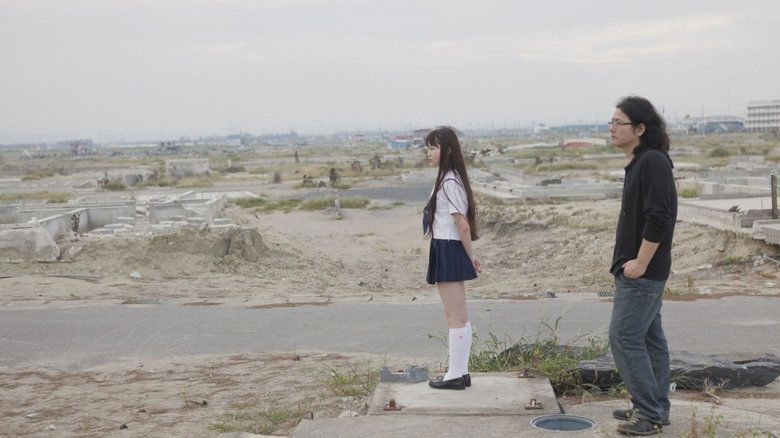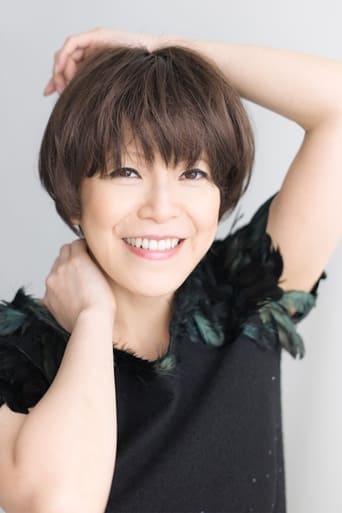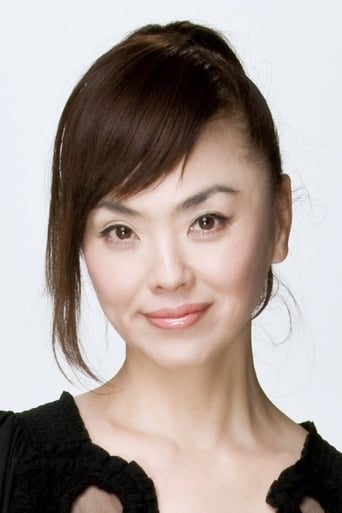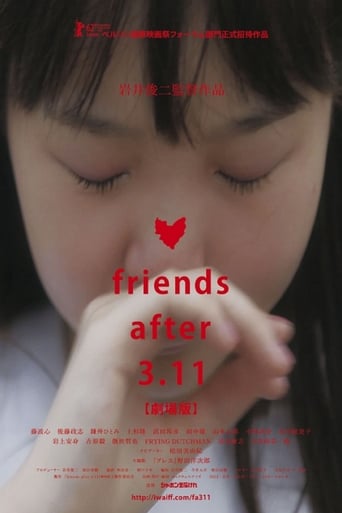
In March 2011, Japan was struck by a catastrophic earthquake, with the devastating tsunami that followed causing a meltdown at the Fukushima nuclear power station that sent ripples of discontent throughout the country. Director Iwai Shunji's Friends after 3.11 (2011) is a deeply personal documentary which uses the statements of some of his closest friends to express the views of a society in a state of political despondency.
Similar titles
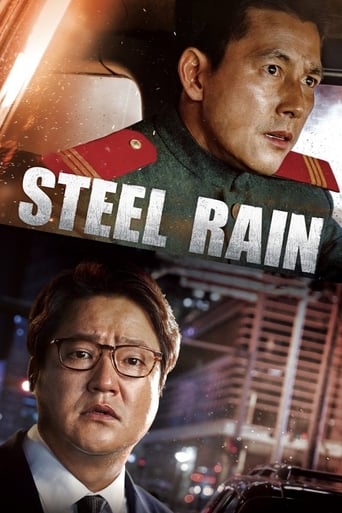
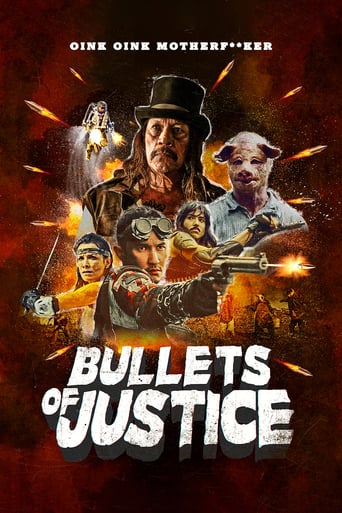
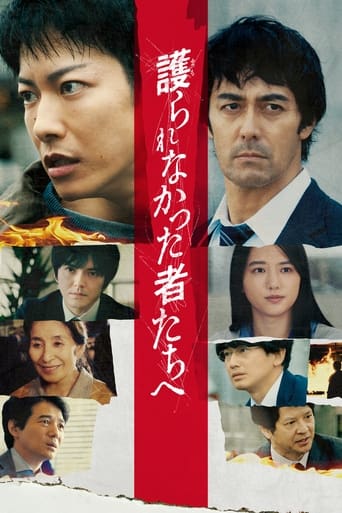
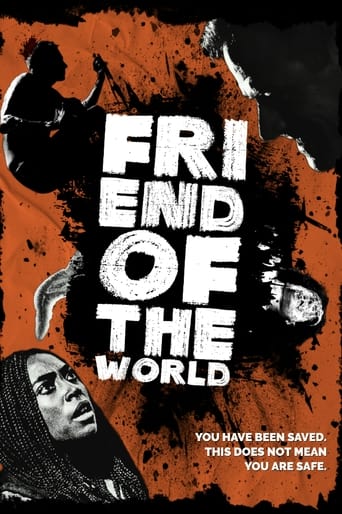
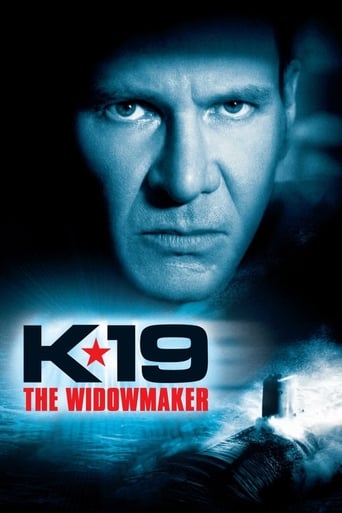
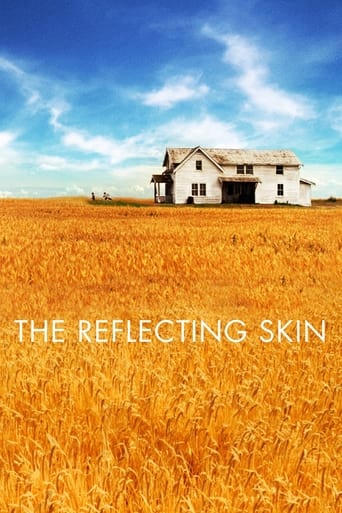
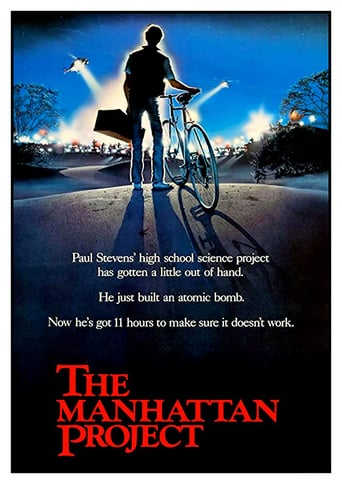
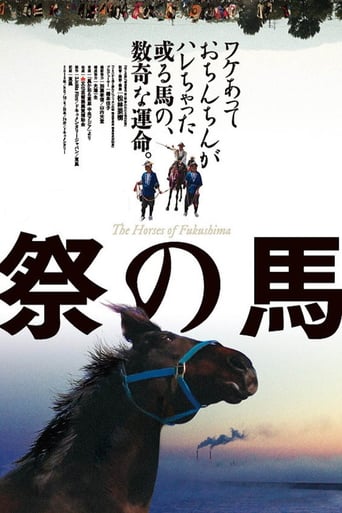
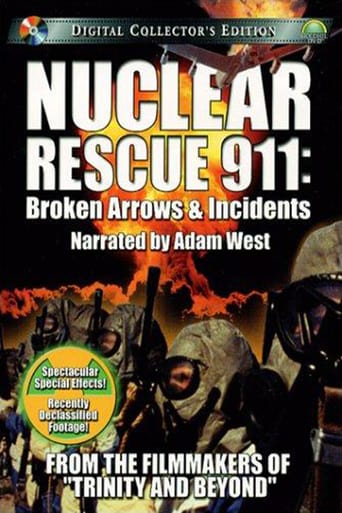
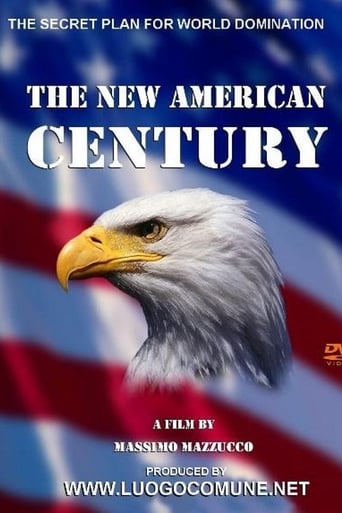
Reviews
You won't be disappointed!
Memorable, crazy movie
Absolutely brilliant
A film with more than the usual spoiler issues. Talking about it in any detail feels akin to handing you a gift-wrapped present and saying, "I hope you like it -- It's a thriller about a diabolical secret experiment."
We should take this work at face value, as not so much a film as an introduction to a group of newly discovered friends, to promote collaborations that extend beyond education and entertainment, to survival.After the 3/11/11 earthquake/tsunami/nuclear disaster, film maker and Sendai native Iwai Shunji (Swallowtail Butterfly, New York I Love You) traveled Japan with actress Miyuki Matsuda, junior idol Kokoro Fujinami, and actor Tarô Yamamoto to witness the unprecedented devastation of Fukushima and interview a diverse group of anti-nuclear activists in wide-ranging conversations around science, politics, economics, and personal responsibility for both the local tragedy and our global future.Masashi Gotô, a former nuclear plant architect, details how government-corporate nuclear policy focused narrowly on probable occurrences, leaving exceptional events such as powerful earthquakes and tsunamis out of plant design and contingency plans.Decrying the lack of courage to release information that will cause embarrassment, journalist Takashi Uesugi relates how the news media do not challenge claims of government and industry that Japan is safely free from radiation, even though the Fukushima disaster released more radiation than the Chernobyl meltdown, which itself released more radiation than the Hiroshima attack.Reached by Skype, film maker Tan Chui Mui tells of Malaysia's full-court press to develop nuclear power on the island nation and open a huge rare-earth refinery near the village of Gebeng, Pahang, claiming that both are safe while forbidding media access to the construction sites.Professor Hiroaki Koide, of Kyoto University's Research Reactor Institute, offers a heart-felt apology to the Japanese people for his role in the lead-up to the disaster, while earnestly seeking a generation of new nuclear researchers, not to develop the industry further, but because "we will need people to clean up the trash." Professor Koide expresses perhaps the most representative statement of this important conversation: "I'd choose to live again to do that work." They call them bodhisattvas.Mirror post: http://blog.williamaveryhudson.com/?p=970
I'm writing this because I feel that Iwai's Fukushima documentary has been judged too harshly here so far; that's owing to its weaknesses in structure, and the fact that it has little information value if you're not familiar with the situation and the Japanese media industry. If you are, however, it provides you with more substance than the other two documentaries about the subject shown at this year's Berlin Film Festival.Among all three, 'Nuclear Nation' is probably he most accessible, since it firmly focuses on the fate of an evacuated township, yet at a runtime of 150 minutes, it's difficult to digest; 'No Man's Zone', an essay about Fukushima's images of destruction narrated by Arsinée Khanjian, might be said to be annoying in its intellectual musings upon a very real disaster. 'Friends after 3.11' is in the middle of these two, an interview movie adding talking head to talking head, all agreeing on the fatal impact of nuclear power, most of them trying to use their specific influence to bring about a change of attitude.All of these faces are known in Japan to a similar extent than Iwai himself, who features so prominently that the spectator may come to see this film as an expression of the director's personal views, rather than an attempt to make a non-Japanese audience comprehend the enormous impact Fukushima has on Japanese society. That's probably why this film has been received very coldly. But if you're familiar with Iwai's films, there's hardly any surprise in that: he employs his trademark stylistic features here, namely disjointed imagery and lots of surplus, incomprehensible info, to create an atmosphere of irate confusion.That doesn't make this a very good film, but to be fair, the producer announced during Q&A that this is just the beginning of a whole series of projects Iwai intends to develop, the first being a sequel featuring well-known composer Ryuichi Sakamoto to be completed later this year. Iwai dropped all his other projects for the time being because he feels that Fukushima is the most crucial event in postwar Japan - as indeed it is, since the ramifications of the nuclear disaster will stay with the Japanese for decades, if not centuries, to come.If you're looking for a concise look at what is gradually emerging to be the worst environmental disaster in the history of mankind as a whole, you will probably have to wait for a film that's not there yet; Tatsuya Mori's '311' sounds promising, but as of now hasn't been screened. 'Friends after 3.11' will be interesting for you if you have lived in Japan or if you are very familiar with celebrities and media structure there; for instance, if you're an anime buff, you might find some interest in the 'anti-nuclear idol' giving speeches in otaku haven Akihabara.That girl gave a tearful, yet somewhat staged speech at Berlin's presentation of this film, which summarized its somewhat frustrated reception: it hasn't really been a Japanese thing so far to express emotions freely. If you're looking for these, don't watch this film. The directly affected people Iwai shows are constantly holding back, because holding back is what is commonly seen as a virtue in Japan. The tragedy of Fukushima is in part that this quality, which enabled the Japanese to rebuild their country from ruin, now obstructs their imperative departure from nuclear power in the absence of a strong protest culture. I, for one, think that 'Friends after 3.11' expresses this dilemma pretty well - if nothing else in particular.
Top Streaming Movies











